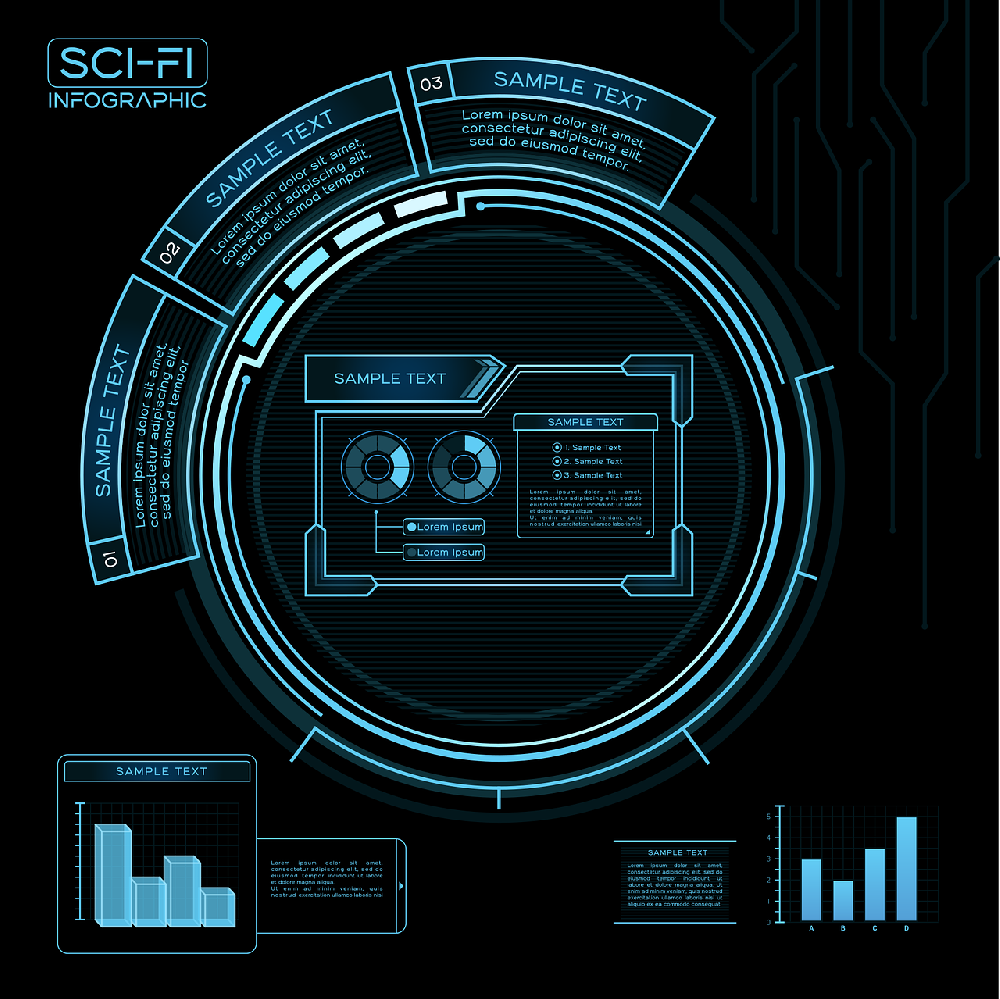In the contemporary epoch of technological advancement, data reigns supreme, particularly in the software development sector. The increasing emphasis on data informed practices has led to the emergence of new frameworks and paradigms that are shaping the future of software solutions. The significance of data in the software development lifecycle is multifold, ranging from initial design to deployment and maintenance. Embracing data analytics has become a cornerstone of developmental strategies. Software companies that capitalize on big data can not only refine their products according to user behavior but also anticipate market demands. These data-driven insights are crucial for the evolution of software, ensuring that products are not just functional but also resonate with the end-users' expectations and preferences. The intersection of big data and development has also prompted a surge in personalized software solutions. Through data analysis, developers are able to tailor experiences to individual users or specific user segments. Personalization algorithms can sift through large volumes of data to customize interfaces, recommend content, and enhance user interaction, thereby fostering loyalty and improving user retention. One of the most dynamic changes prompted by data infusion in software development is the shift towards predictive analysis. This discipline not merely scrutinizes historical data but uses it to predict future trends and behaviors. Software powered by predictive analysis can provide businesses with foresight, guiding them in decision-making, market positioning, and strategic planning. Collaboration between data scientists and software developers is now more critical than ever. The exchange of knowledge and techniques between these two fields is resulting in more robust and intelligent applications. By integrating data science principles into development processes, software is becoming more adept at solving complex real-world problems efficiently and effectively. The cloud computing boom has further expanded the capabilities of data-driven software development. Cloud platforms provide a plethora of services that handle large datasets and facilitate complex computing tasks. With cloud services, developers can implement scalable databases, advanced analytics, and machine learning models without the need for extensive on-premise infrastructure. Despite the vast potential, challenges in data-driven software development remain. One of the primary concerns is data privacy and security. With the increased reliance on data comes the heightened responsibility of safeguarding user information against breaches and unauthorized access. Developers must incorporate stringent security measures and comply with data protection regulations to maintain trust and integrity. Furthermore, software development teams need to ensure data quality and accessibility. Poor quality data can lead to ineffective results and misguided decisions. Therefore, establishing clear data governance policies and employing sophisticated data cleaning methods are imperative for deriving accurate insights. In conclusion, data stands as a transformative element in the domain of software development. It is reshaping how developers create, refine, and deliver software products. As technology progresses, so too will the reliance on data to drive advancements, signifying a future where data is not merely a tool but the central pivot around which all development orbits.




